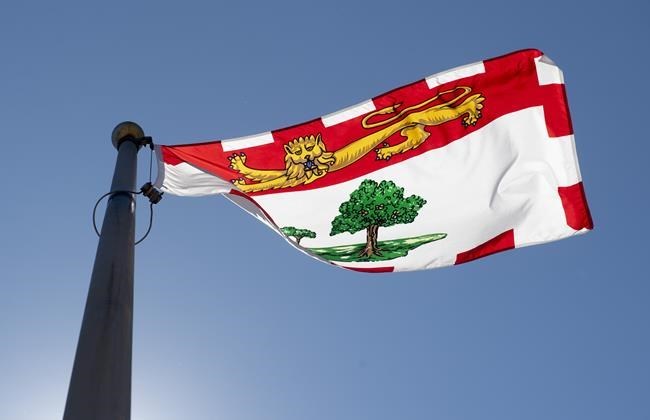CHARLOTTETOWN — The Prince Edward Island government tabled a $3.09-billion budget Thursday that forecasts a $97.6-million deficit and a promise to spend money for a new medical school to help the frail health-care sector.
Finance Minister Jill Burridge said the operating budget includes $3.09 billion in spending with $2.99 billion in revenues for the 2023-24 fiscal year.
"Over the last four years P.E.I. has weathered some of the most challenging economic times in our province's history," she told the legislature.
"It will not surprise anyone in this chamber that the budget I present today has three key areas of focus: health care, housing and affordability."
Last year's budget had forecast $2.7 billion in spending, $2.6 billion in revenues and a deficit of about $92 million with about $910 million in health spending.This year's health spending is pegged at $957.7 million.
The government said it has set aside about $22 million this fiscal year to establish a medical school at the University of Prince Edward Island, to address a shortage of health-care workers. It also promised $8.9 million to add 100 front-line positions and establish new medical homes, which bring together different medical practitioners in a single spot.
"The health-care system we have today was built decades ago, it needs to evolve with the needs of Islanders," Burridge said. "How we provide care, where we provide care and who provides the care all must be modernized and that is what our government is doing."
To ease the housing crisis, the government said it will spend $25 million to develop construction-ready lots, and $1 million to create tiny home communities.
It will spend $4 million to expedite the reduction of childcare fees by the end of the year, it said.
"Working with the federal government, our government under the leadership of the minister of education in early years signed a historic agreement to get childcare fees to an average of $10 a day by 2025," Burridge said.
"But as a government, we felt we could do more faster."
It has budgeted $950,000 in island-wide transit to keep fares low, it said.
The government will spend $350,000 to support the diversification of crops to prepare for climate change and to explore controlled-environment and indoor farming, it said. It is also expected to spend about $640,000 in reforestation efforts and about $550,000 in forest fire training and equipment.
"With so many woodlots still being cleared after the destruction of (post-tropical storm) Fiona, we are at a higher risk of forest fires during the warmer months," the finance minister said.
"Protecting our environment is important. Government has a role to play, and through the budget we have demonstrated our commitment to safeguard our environment, our landscape and our way of life."
Green Leader Peter Bevan-Baker said the budget lacked the "large, bold, courageous, transformational ideas" the province needs to address the health care, affordability and housing crises facing P.E.I.
"So for me, it was disappointing," he said.
He called it a "status quo budget," adding it suggests the re-elected Progressive Conservative government feels their work over the past four years was adequate.
"For me, it was spectacularly inadequate, and it's left so many aspects of our province in a really bad shape," he said. "So if they think that they can continue to pursue the same sorts of policies and attitudes, and somehow solve these problems — it doesn't fill me with confidence."
He said last year's estimated 4.3 per cent year-over-year population growth rate -- the highest in Canada -- will contribute to strong economic growth.
"But we have to question growth of what, growth for whom, growth at what cost, growth to what end. And that's not something we're doing," Bevan-Baker said.
"We just have a government that seems to be blindly pursuing what I would describe as irresponsible and reckless growth, without any sense of the impact that that economic growth is having on our health system, on our housing situation, on the environment … pressures on farmland, on the cost of living as our inflationary pressures remain the highest in the country."
This report by The Canadian Press was first published May 25, 2023.
-- By Hina Alam in Fredericton
The Canadian Press



